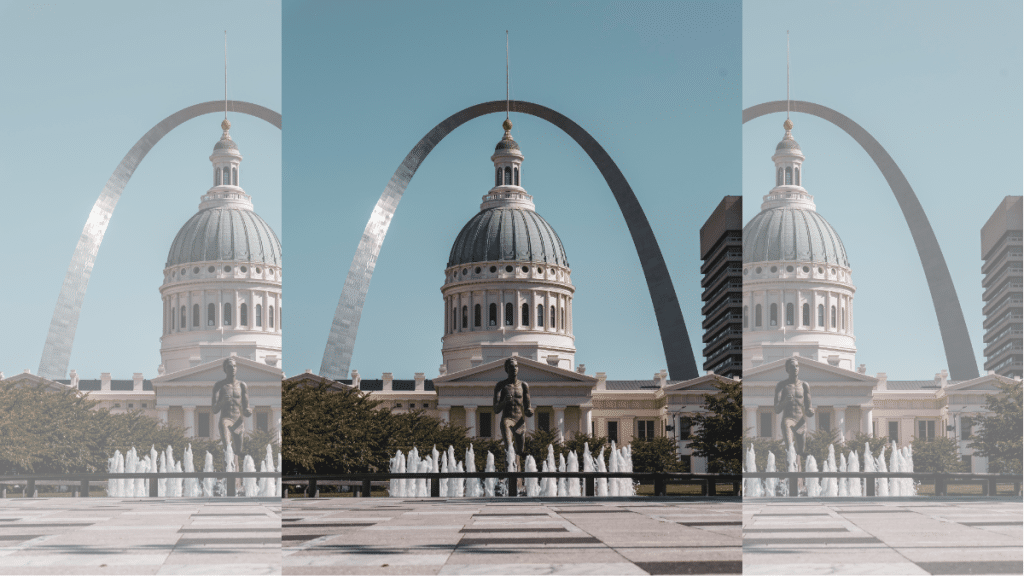The world of gaming, particularly gambling, is an ever-evolving landscape, with each state in the United States having its own set of regulations and laws governing the industry. In the heart of the Midwest, Missouri stands as a state with a complex history and evolving approach to gambling regulations. From riverboat casinos to the recent emergence of sports betting, Missouri’s legal update regarding its gambling scene has experienced significant shifts in recent years.
A Brief Historical Overview
Missouri’s gambling history dates back to the early 19th century when riverboat casinos were a common sight along the Mississippi and Missouri rivers. However, in the late 1800s, a wave of anti-gambling sentiment led to a ban on most forms of gambling, a stance that persisted for decades.
It wasn’t until the 1990s that the tide began to change. In 1992, a constitutional amendment was passed to allow riverboat gambling within the state. This amendment marked the beginning of a new era for gambling in Missouri. Riverboat casinos became a significant part of the state’s economy, attracting both locals and tourists alike.
The Emergence of Modern Regulations
As the years passed, the gambling landscape in Missouri continued to evolve. In 2008, another constitutional amendment was approved, allowing the establishment of “games of chance” at the existing riverboat casinos. This paved the way for the introduction of slot machines and other electronic gaming devices on these vessels.
In recent years, Missouri has also witnessed a shift in attitude towards sports betting. The U.S. Supreme Court’s 2018 decision to strike down the federal ban on sports betting gave states the authority to legalize and regulate the activity. Missouri, however, has yet to embrace this opportunity fully.
Current Regulations and Challenges
As of now, Missouri has a diverse range of gambling options, including riverboat casinos, horse racing, and charitable bingo and raffles. However, the absence of clear regulations regarding sports betting has left a significant gap in the state’s gambling offerings. Advocates for legalizing sports betting argue that it could generate much-needed revenue for the state while also providing a safer and regulated environment for bettors.
One of the challenges faced by Missouri is the need to balance the potential economic benefits of expanded gambling with concerns about addiction and social issues. Critics of increased gambling often point to the potential for increased gambling-related problems, including addiction and financial hardship. To address these concerns, any potential expansion of gambling in the state would likely require comprehensive measures to promote responsible gambling and provide resources for those who may develop gambling-related problems.
